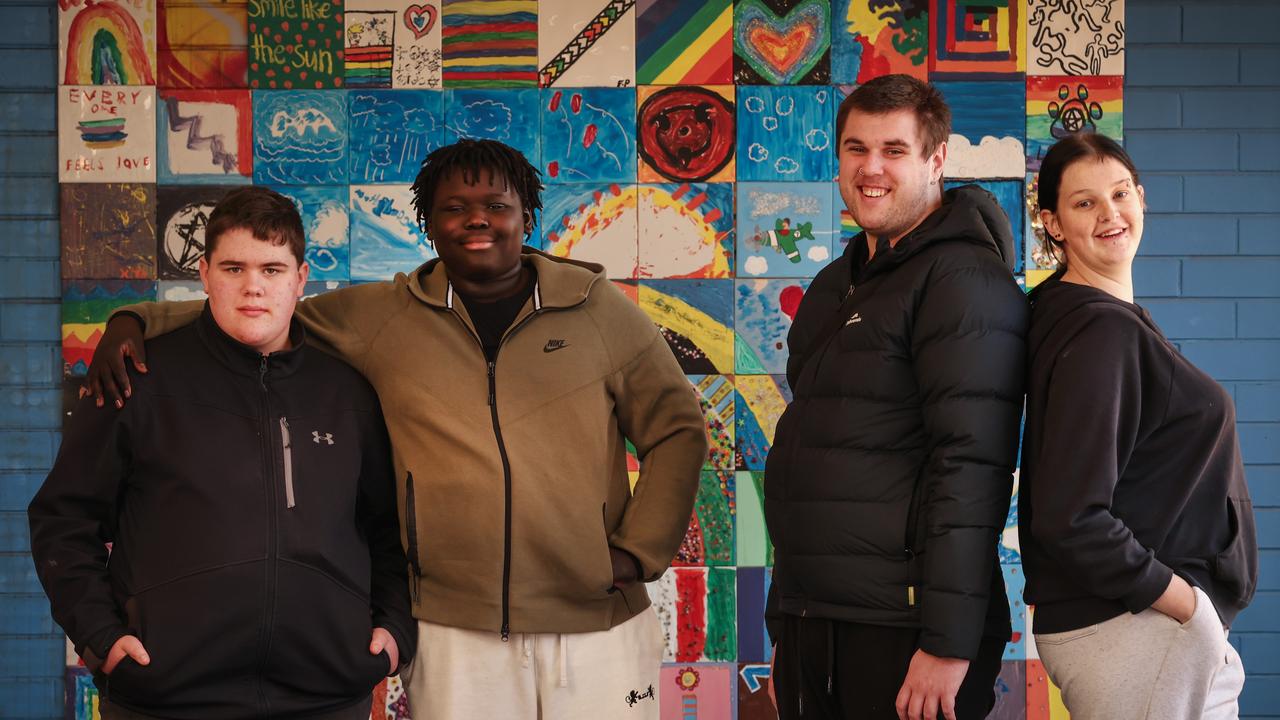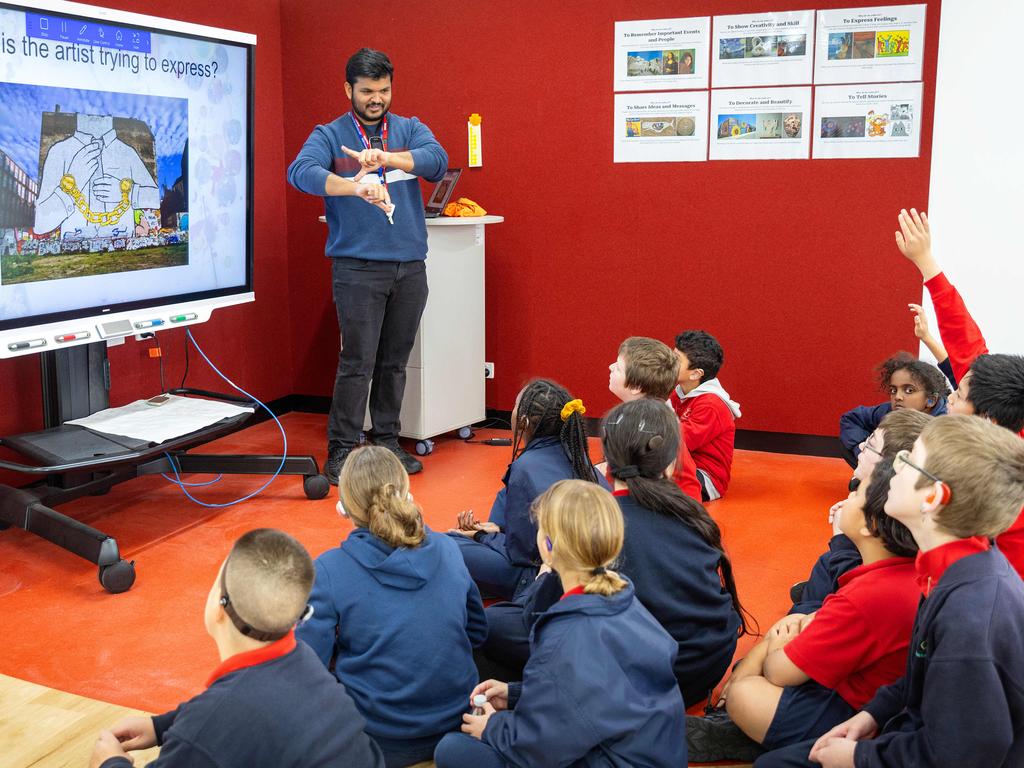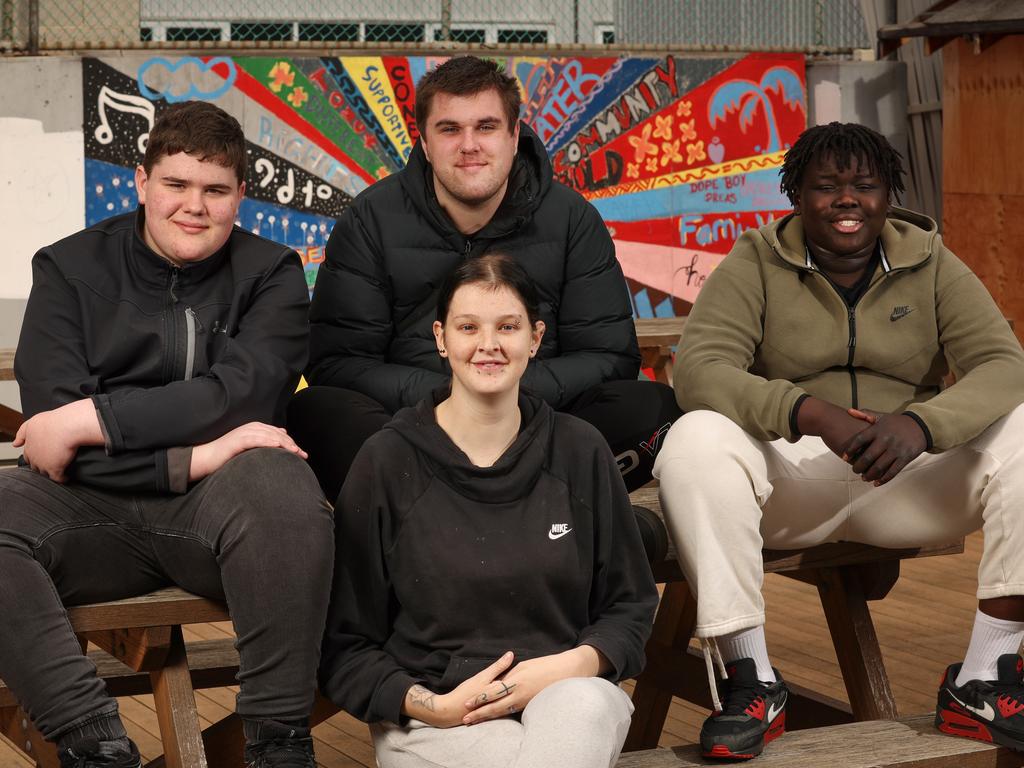The special and alternative schools embracing students who don’t fit into mainstream education
Enrolments at special assistance and alternative schools have almost tripled in the past decade, as more parents seek non-traditional education to support their children’s needs. See the schools in your area taking a different approach.

Demand for special assistance and alternative schools is on the rise as more Victorian families opt for non-traditional learning over mainstream education to support their children’s needs.
Schools for students with intellectual disabilities, autism spectrum disorder, learning difficulties, school refusal or are at risk of disengaging have seen enrolments almost triple across the nation in the past decade, according to Independent Schools Australia.
In turn, the number of Victorian public schools catering for students with special needs has surged to more than 80 campuses.
The state government has opened four new specialist schools and 12 supported inclusion schools since 2019, with a further two specialist schools and five supported inclusion schools set to open in 2026.
Education Minister Ben Carroll said giving students and families access to a diverse range of schooling options helped “ensure Victoria’s school system is inclusive for all”.
“We are proud to include specialist schools, hospital schools, community schools and alternative settings among the outstanding options available to families across the state, ensuring every student has the opportunity to succeed in the environment that suits them best,” he said.
Several new alternative schools – including Saints College and Hester Hornbrook Academy – have also opened up new campuses this year to accommodate students who are facing educational barriers including the transition to high school, mental health, neurodiversity and school refusal.
Independent Schools Victoria chief executive Rachel Holthouse said enrolments across more than 50 of the state’s privately-run special schools climbed by 21 per cent in the past year.
“These unique independent schools are filling a gap, meeting a need that other schools find challenging,” she said.
Saints College – an Edmund Rice Education Australia Victorian Schools Ltd education provider – is one non-traditional independent school that has seen a surge in enrolments since its North Melbourne campus opened in 2012, and now has more than a 1500 students across its eight campuses and online BlendEd program.

Saints Education director Chloe Hand said every child and young person has the right to access education in an “inclusive, safe and supportive environment”.
“Our job as educators is to remove the barriers that exist so learning becomes accessible for everyone,” she said.
“(Our) new campuses across the state will continue to meet the ever-growing need for flexible and innovative education models.”
Nelson Park School student Adeline spent two and a half years learning at a mainstream school before her mother Wren moved her into a specialist setting that catered for her autism and intellectual disability.
“Since our daughter started attending a specialist school, our experience has been nothing short of amazing,” she said.
“At her previous school, she struggled to access the curriculum due to a lack of understanding and appropriate support.
“Now, she is fully supported to achieve success in whatever she sets her mind to. The difference in her confidence, engagement, and overall wellbeing is remarkable.”

Despite more schools opening to cater for children struggling with mainstream education, activist group Autism Goals said more schools are needed to reduce growing waitlists.
“More critically, we don’t have the right kind of schools,” Autism Goals founder Pauline Aquilina said.
“Australia should be one of the best places in the world for a neurodiverse child to thrive but where we fall tragically short is in implementation.”
Autism Goals is working with the Victorian Registration and Qualifications Authority to launch a hybrid neurodiverse school in 2027, that will embed the Australian Curriculum in a way that’s tailored to each child’s passion and purpose.
“This model is inspired in part by Singapore’s investment in its neurodiverse talent … where students aren’t seen as burdens, they’re seen as innovators,” Ms Aquilina said.
“We are driven by the belief that our children are not broken, the system is, and we’re here to build something better.”





